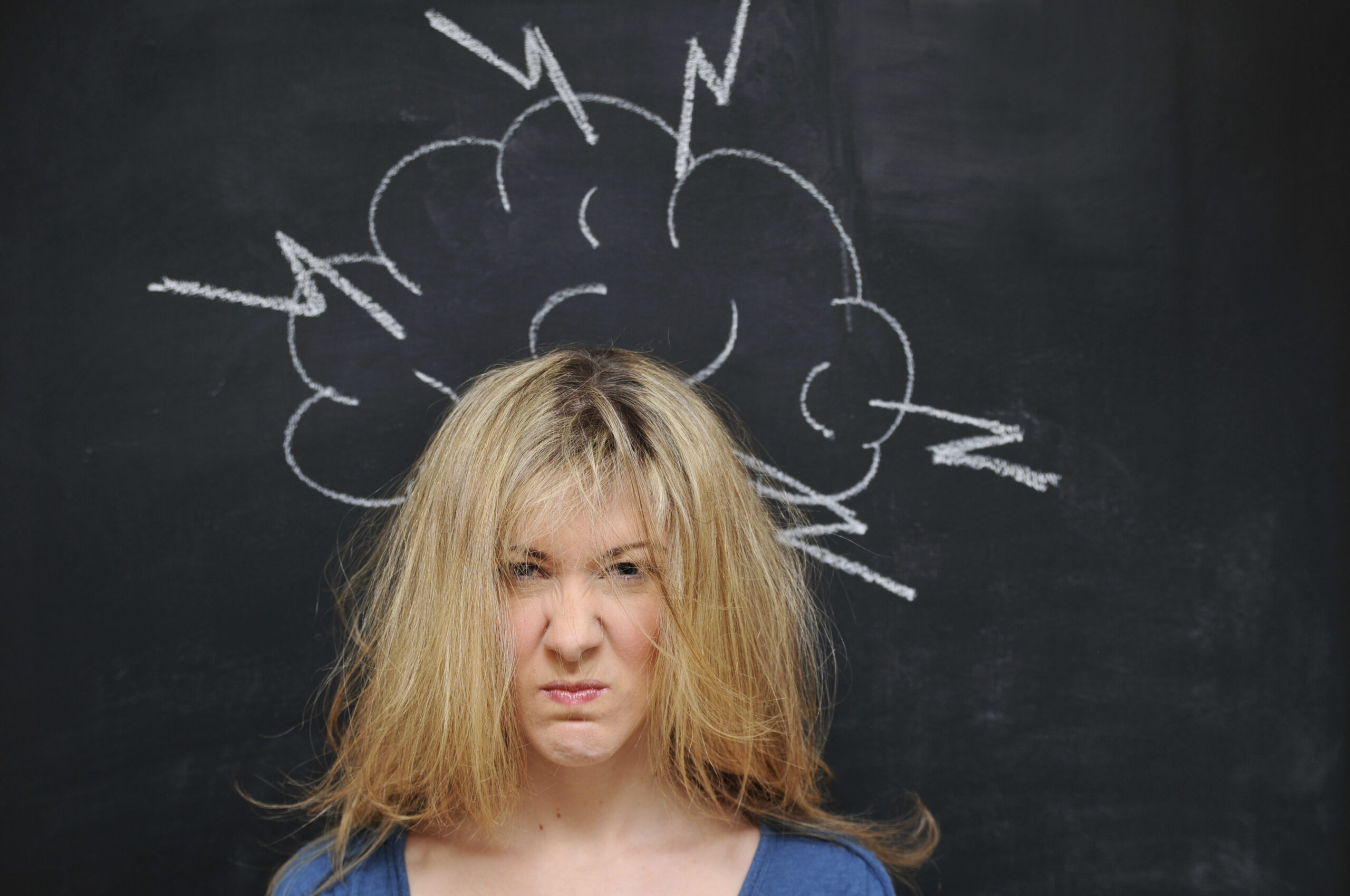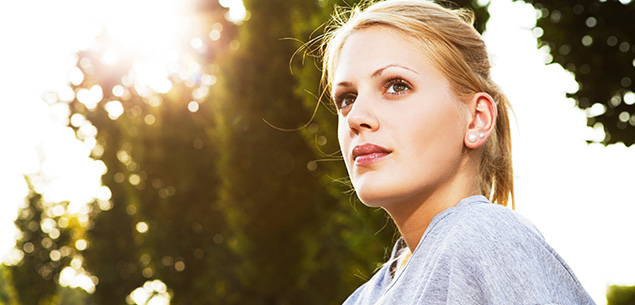One in every six Kiwis experiences serious depression at some stage in their life, and women have higher rates of the condition than men.
Depression is the most common risk factor for suicidal behaviour – depressed people are 20 times more likely to attempt suicide. The World Health Organisation estimates that by 2020, depression will be the second most common cause of ill health and premature death worldwide.
It’s important to remember that depression is an illness, and it is crucial to seek help, rather than trying to muddle through alone.
There are ways of treating it, including medication and therapy, and you should see your doctor as soon as possible for help and advice.
There are also some “self-help” steps you can take that can make a big difference to your mental health. Changing certain aspects of your lifestyle that may be aggravating your symptoms is the first thing to do.
Factors that can worsen depression include:
+ Doing little or no physical activity.
+ Eating a poor diet; one that consists of lots of processed, sugary and fatty foods, and is short on vegetables and fruit, protein, fibre and healthy fats.
+ Not getting enough sleep.
+ Stewing over unresolved personal conflicts and relationship problems.
+ Being stressed at work.
+ Using recreational drugs and drinking alcohol in excess.

**Small steps*
The thought of changing things you know are bad for you can be overwhelming, so start small. Steps you can take include:
+ Getting more exercise. Start by walking 10 minutes a day around the block, eventually building up to an hour.
+ Drink less. Don’t keep extra booze in the cupboards or wine in the fridge “just in case you run out” – if you don’t have it, you can’t drink it.
+ Make an effort to get a good night’s sleep. Don’t watch TV or use computers or tablets for an hour before going to bed – the light they emit can disrupt your body clock and make it harder for you to fall asleep. Instead, have a relaxing warm bath and a milky drink.
+ Improve your diet. Cut out the foods you know are bad for you. Replace them with healthier versions – eat muesli or porridge instead of sugary cereals, and make sure you eat at least five or six servings of fruit and vegetables a day.
+ Keep in touch with valued friends. They can help you get some perspective on life and even though it may be the last thing you feel like, socialising can help you feel valued and assist you to forget the woes that may be contributing to your depression.
+ Learn stress-management techniques. Yoga is especially good, as it not only strengthens the body but also helps you to stay calm mentally.

Learn to problem solve
You can be stuck in a vicious cycle when you are depressed. Depression can sap you of the will and energy to fix problems you have. At the same time, not dealing with your problems can make you anxious and more depressed. A technique called structured problem solving (SPS) can help you develop ways of dealing with issues. It involves identifying your problems, coming up with a variety of possible solutions and then learning how to carry out one or more of them. For more information on how to do this, and a workbook that can be downloaded, see the website depression.org.nz.

Change your thinking
Your attitude towards life and the things that happen to you can have a big impact on your mental health. When you’re depressed you can get caught in a pattern of negative thinking which just makes things worse. But it is possible to learn to change your thoughts and be more positive – it just takes some practice. You can do this by:
+ Becoming aware of when you are thinking negatively and deciding you will swap negative thoughts for positive ones.
+ Doing things you enjoy. One of the symptoms of depression is the inability to gain pleasure from things that usually make you happy, but it is worth trying to find activities that boost your mood, including listening to music, spending time on a hobby such as scrapbooking, doing some gardening and spending time in nature.
+ Taking action. Depression can leave you feeling immobilised and it becomes a big deal to do the smallest of things. Set yourself realistic goals – today I will go for a 20-minute walk around the park – and make the effort to do them. You’ll feel a great sense of achievement.
+ Spending time with family and friends. When you’re depressed, being sociable is a big ask but making the effort to connect with other people – even if it is just for half an hour – can make a big difference.




